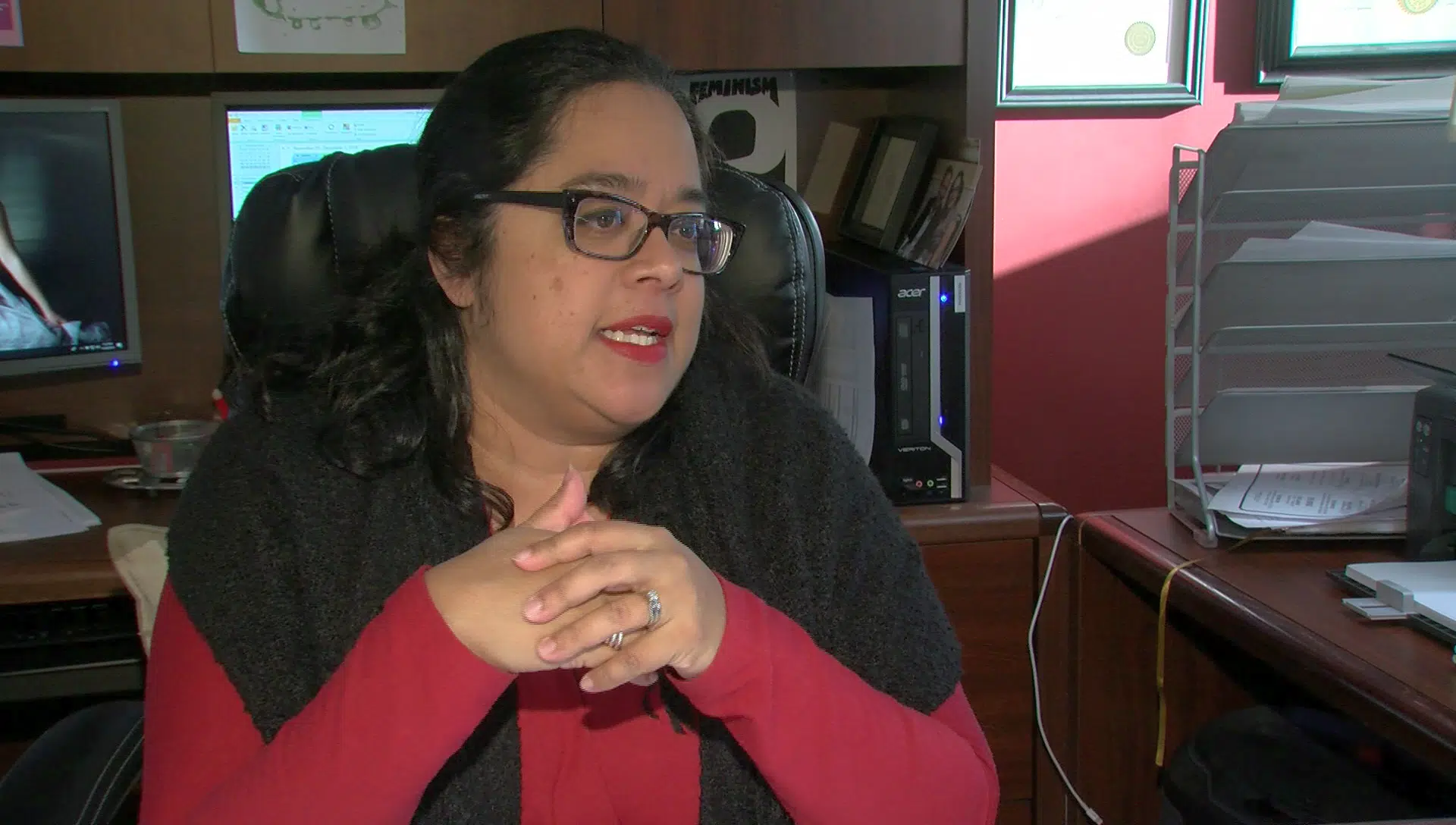
Women’s shelter concerned over growing domestic violence numbers
MEDICINE HAT, AB – Domestic violence in Alberta is becoming even more prevalent and dangerous, this according to a new provincial report released by the Alberta Council of Women’s Shelters.
According to their 2017-18 numbers, 10,390 people accessed shelters in Alberta, which represented a jump of 360 people from the previous year.
Medicine Hat Women’s Shelter Society executive director Natasha Carvalho has dealt with domestic violence locally for over a decade and said it’s still a major problem.
